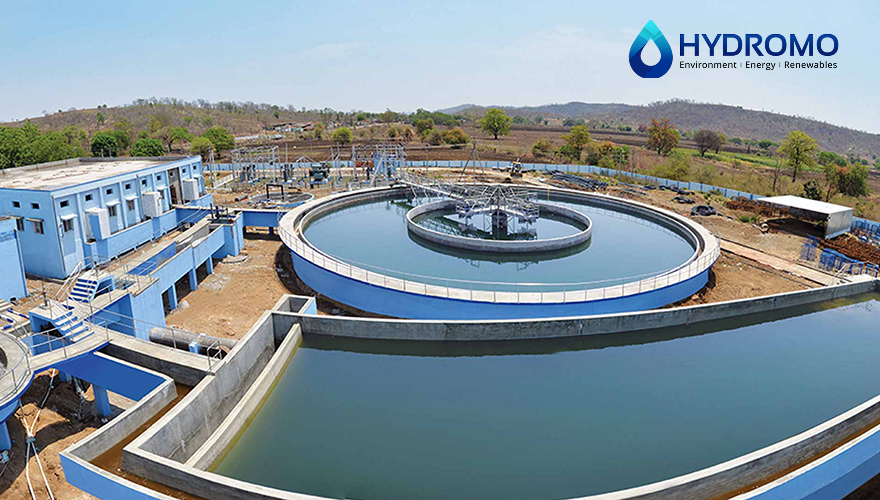
Hyderabad, a bustling metropolis in India, is experiencing rapid urbanization and industrialization. This growth brings with it several challenges, one of the most significant being the management of water resources. The city’s water treatment systems play a crucial role in maintaining public health, but they also face immense pressure due to increasing population and industrial waste.
The Importance of Water Treatment
Water treatment is essential for ensuring the availability of clean, safe water for a city’s residents. It involves removing harmful chemicals, biological contaminants, and suspended solids from water. In a city like Hyderabad, where pharmaceutical industries are prevalent, the impact of untreated industrial waste on water bodies can be significant.
The Current State of Water Quality in Hyderabad
Recent reports suggest that only 10 out of 185 lakes in Hyderabad have good water quality. Many lakes are as good as ‘dead’ due to almost zero levels of Dissolved Oxygen (DO), making them unfit for supplying fresh water. The Hyderabad Metropolitan Water Supply and Sewerage Board provides regular water quality reports, but the challenge lies in effectively implementing solutions to improve water quality.
Impact on Public Health
Poor water quality can have severe implications for public health. Contaminated water can lead to the spread of diseases such as cholera, dysentery, and typhoid. Moreover, the pharmaceutical industry in Hyderabad has been found to contribute significantly to water pollution, leading to potential health risks.
Actions by Urban Municipal Bodies
Urban municipal bodies can take several actions to improve water quality:
- Building Wells: Extracting groundwater from underground aquifers can provide an additional source of clean water.
- Home Water-Treatment: Providing home water-treatment capabilities through filters or solar disinfection can make drinking water safe.
- Low-Cost Solutions: Promoting low-cost solutions such as chlorine tablets or plastic bottles exposed to sunlight can improve water quality.
- Improving Storm Drainage Systems: This can prevent flooding and reduce contamination from stormwater runoff.
- Drilling Wells to Recharge Aquifers: This can help maintain groundwater levels.
- Reusing Wastewater: Projects to reuse wastewater can help conserve water resources.
The government should also incentivize decentralized sewage treatment plants and promote the recycling and reuse of treated water through planned tariff systems.
Latest Advancements in Water Treatment
Several advancements in water treatment technology promise to revolutionize the way we manage our water resources:
- Membrane Technology: Improvements in membrane technology have helped cut costs and energy over the last 30 years.
- Microbial Fuel Cells: These are a promising alternative for wastewater treatment processes.
- Microalgae: Microalgae can be used for wastewater treatment and distribution systems in mitigating contaminants.
- Engineered Osmosis Systems: These systems use natural osmosis to force seawater through a membrane instead of pressurizing it with electricity, reducing energy consumption.
As Hyderabad continues to grow, it is crucial that its urban municipal bodies prioritize improving the city’s water quality. By leveraging the latest advancements in water treatment technology and implementing effective policies, we can ensure a healthier future for all residents.
Water Treatment Solution providers like Hydromo are ready to support the government in empowering the urban bodies with water treatment solutions. Hydromo is a pioneer in providing water treatment and waste water treatment to industrial, commercial and residential sectors.
